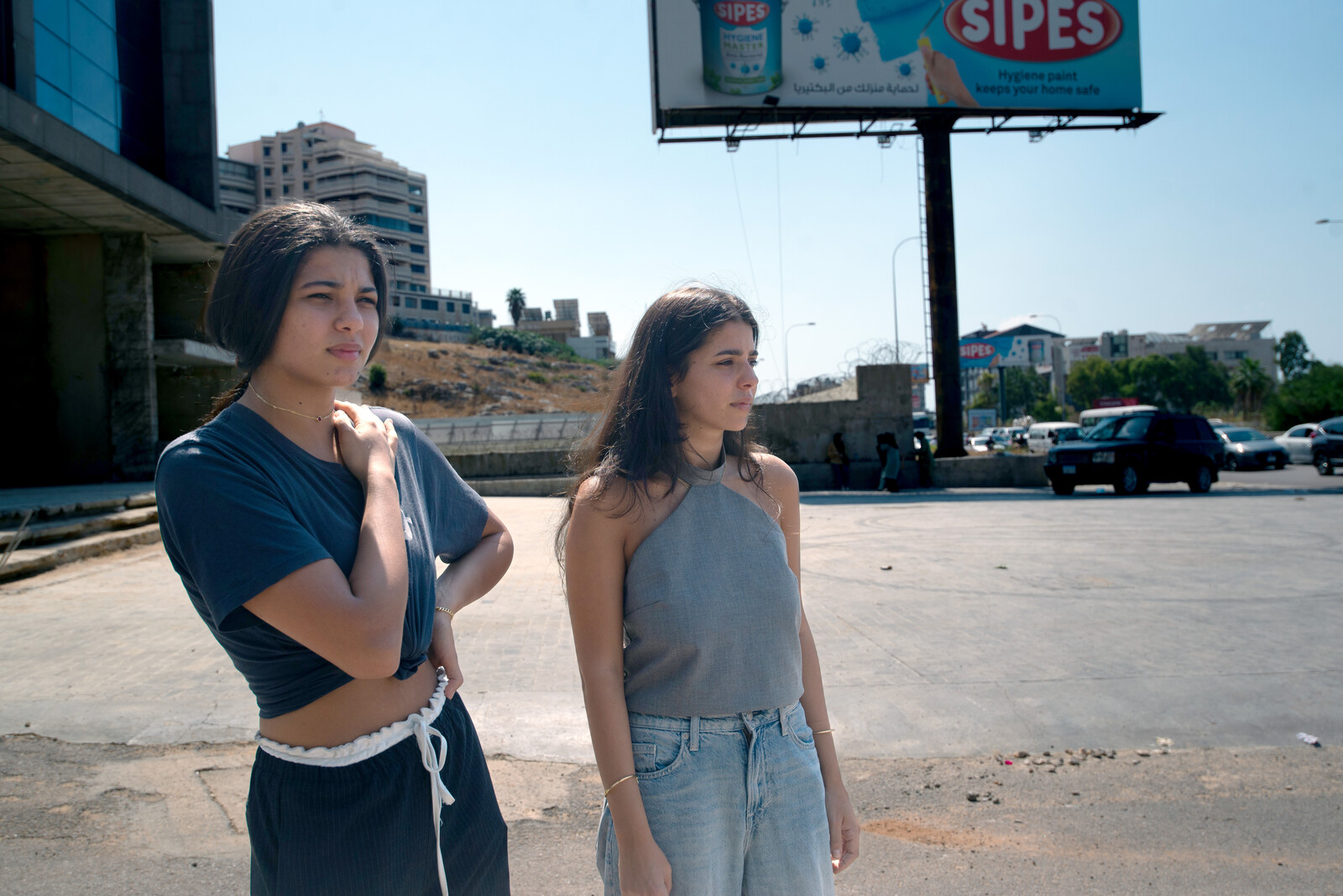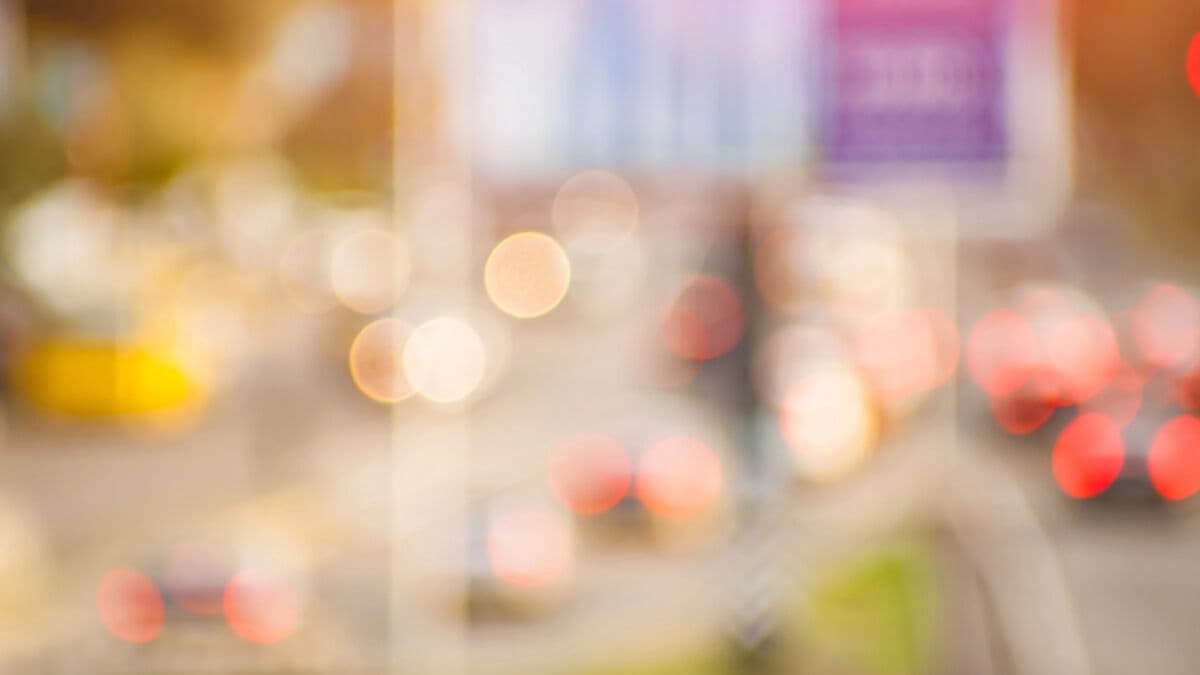Along the motorway from southern Lebanon, a fierce stream of cars is coming. All are fully loaded, some with mattresses tied to the roofs. Through the windshields, sleeping children and exhausted drivers can be glimpsed. Many have been stuck in traffic for hours.
Nivin Karnib and her sister Jenna are standing by the roadside, handing out water. They live and study in France and were supposed to return to university, but their flight was cancelled due to the security situation in Lebanon. The situation has gone from serious to something that increasingly resembles a full-scale war in the past few days. When the sisters saw all the tired, hungry, and thirsty people from southern Lebanon, they went down to the motorway.
We're doing what we can. They're not just bombing Hezbollah, but also civilians. The roads, the cars, the houses, the children, says Nivin Karnib.
The windows were shattered
Under a nearby roof, Fatima Birjawi and her family have sought shelter from the heat. At six o'clock yesterday morning, she and her family were sleeping. Suddenly, all the windows in the house were shattered.
A bomb hit the house next door. We left immediately, she says.
They live outside the city of Nabatieh, five miles from the border with Israel. The Shia militia Hezbollah and Israel have been shelling each other for months. But the fighting has mainly been limited to areas near the border.
We thought we were safe, but it's not like that anymore, says Fatima.
Questioning the Israeli image
She questions Israel's claims that the attacks are targeting Hezbollah targets.
We live in our house with our children, there are no weapons installations near us, absolutely not.
The Israeli call to evacuate, which 80,000 civilians in Lebanon are said to have received, came to her ten minutes after the bombs started falling. They are now stranded in Khaldeh, just south of the capital. They have not yet managed to find anywhere to go.
They are not alone. Nisrin and her three children have been on the roads for nine hours and are now trying to get to Tripoli in northern Lebanon.
The whole house collapsed on top of us, I had to search for my children in the rubble, she says.
"Not refugees – but family"
Now, Lebanese people are rallying to help the refugees from southern Lebanon. Groups have formed with ads for accommodations, and some are opening their homes.
At a supermarket in the area, the queues are long. Darin Fakhraldin comes out with a fully loaded shopping cart.
We didn't expect such attacks, we don't know what will happen. But we're preparing for the worst, she says.
She comes from Chouf in the Lebanese mountains. A Druze area where many of those who are now fleeing southern Lebanon are heading.
We tell those who are coming from the south: You are not refugees, but our family. What is happening to you today will happen to us tomorrow, says Darin Fakhraldin.






